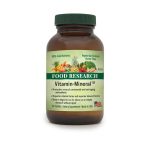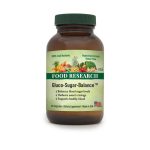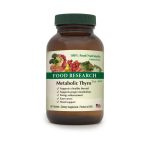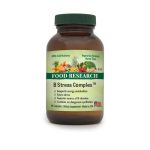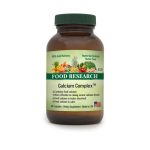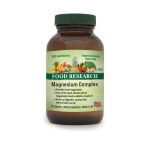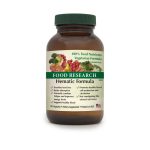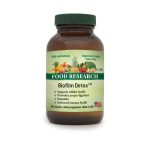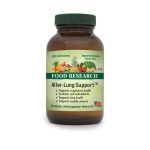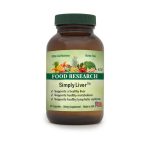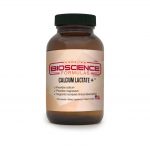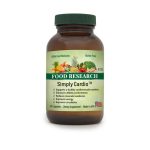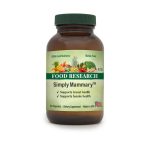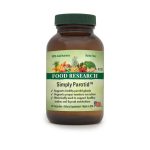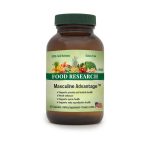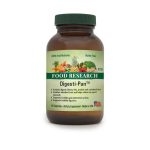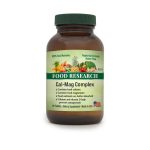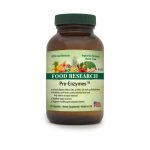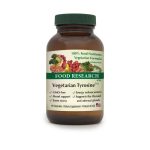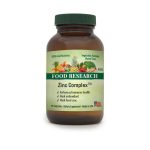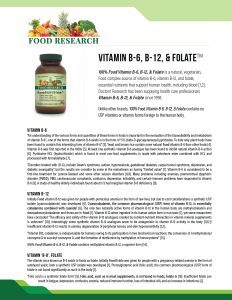How do you help someone with chronic fatigue syndrome (CFS) or fibromyalgia? While many people have many ideas, perhaps the biggest factor to keep in mind is that everyone is different.
Our facility has had several studies published showing that the vast majority of people who suffer from these complaints using nutritional interventions have reported improvement.
What Works?
Since everyone is different, we believe that nutritional recommendations need to be tailored to the individual. Some offices use blood, saliva, stool, and other tests to do this. In our clinic, we muscle-test using something called Reflex Nutrition Assessment.
We do not advise the same diet nor avoiding the same foods to everyone who seemingly suffers from the same symptoms. But, the most common foods we have seen problems with clinically are bovine dairy, caffeine, wheat, and oats.
In terms of nutritional supplements, they will vary again by the person. In the 1990s, I wrote a book with over 100 different protocols to help people who were tired. Anyone who thinks that one-size fits all for fatigue has simply not worked with enough tired people.
If we believe that nutritional support for the thyroid is needed, we will tend to recommend herbs and/or glandulars to support the thyroid. Herbs may include sea vegetables, alfalfa, burdock, skullcap, broccoli (yes, broccoli), angelica, moss, and/or flaxseeds. We tend to use bovine thyroid, liver, and/or pituitary glandulars from New Zealand (a country I have visited four times). We also recommend 100% food nutrients including food selenium, food iodine, food zinc, food riboflavin, food niacinamide, food magnesium, and chromium GTF. We consider that 100% food nutrients are superior to others that are more commonly used (Thiel R. Natural vitamins may be superior to synthetic ones. Medical Hypotheses, 2000; 55(6):461-469). We often will also recommend non-GMO vegan-source l-tyrosine.
We do something similar if we believe that the adrenal glands or heart need nutritional support, though the items will be different (like possibly food co-Q10 for heart and plant-source l-serine for adrenals).
We tend to use herbs, glandulars, and even Chinese herbs for immune system support for many with tiredness complaints.
For those whose muscles are tight, we tend to recommend food magnesium.
For muscles and joints that hurt, we tend to recommend items like food sourced serrapeptase, bromelain, papain, acerola cherry, yucca, bovine tracheal cartilage, cayenne, horsetail, and/or devil’s claw.
But again, it varies by person.
Some people have anxiety and sleeping issues, and we will tend to consider food calcium, food magnesium, food-source vegetarian tryptophan, lemon balm, collinsonia root, glandulars, passion flower, ginkgo biloba, and/or food b vitamins.
And yes, we also recommend digestive enzymes and many other items as we feel can help.
Results
Overall in our clinic, studies show that 98.3% of those who follow our nutritional recommendations report improvement (Thiel, R. Efficacy of Glandulars and Herbs: The Result of 945 Cases. The Original Internist, Volume 19 (1), March 2012, 7-11). The longest study covered a three-month period.
Related to those with CFS, one study found that 99.0% reported more energy (Thiel R. Chronic fatigue assessment and intervention: the result of 101 cases. ANMA & AANC J, 1996;1(3):17-19). Those with the least improvement seemed to be affected by some type of virus.
For those who we felt that thyroid was a factor, we had two papers published. One found that 95.2% reported more energy (Efficacy of Glandulars and Herbs: The Result of 945 Cases), whereas another study found 100.0% reported more energy (Thiel R.J. Nutritional interventions for the thyroid. ANMA Monitor, 2000;4(1):6-14).
A study for those with arthritis, fibromyalgia, and other musculoskeletal issues found that 98.8% reported improvement (Thiel R. Musculoskeletal pain relief for people with arthritis, lupus, and fibromyalgia. Townsend Letter for Doctors, 1999; 193/194:136-138).
Another study that was just focused on people with fibromyalgia found that 100.0% reported improvement (Thiel R. Natural interventions for people with fibromyalgia. Townsend Letter for Doctors, 2000;208:66-67). That is not to say that everyone improved 100%, but that all in that study did report improvement. Over the past two decades, however, let me state that only one person (a male) who said he had fibromyalgia and followed our recommendations did not report any improvement. But all females with it have.
Concluding comments
CFS and fibromyalgia are tricky conditions. Many things seem “to work.” But one size does not fit all.
I hope by sharing this that those who suffer and those who are health care professionals will keep that in mind.
It is this author’s view that people who suffer from either, need to actually see a natural health professional to assess them and make specific, personalized recommendations.
While it is not one size fits all, a properly tailored nutritional approach can help nearly everyone who has complaints related to CFS or fibromyalgia
.Above submitted to the Townsend Letter, Summer 2017
Townsend Letter, the Examiner of Alternative Medicine, publishes a print magazine about alternative medicine, 10 times yearly, since 1983. Content is written by researchers, health practitioners and patients. As a forum for the entire alternative medicine community, we present scientific information (pro and con) on a wide variety of alternative medicine topics. www.townsendletter.com
Some of these studies (or citations) may not conform to peer review standards. Therefore, the results are not conclusive. Professionals can, and often do, come to different conclusions when reviewing scientific data. None of these statements have been reviewed by the FDA. All products distributed by Doctors’ Research, Inc. are nutritional and are not intended for the treatment or prevention of any medical condition.


